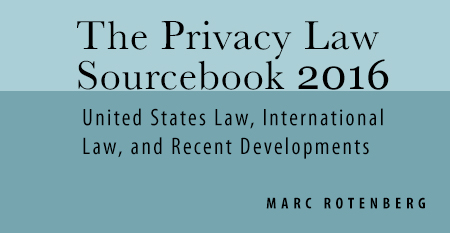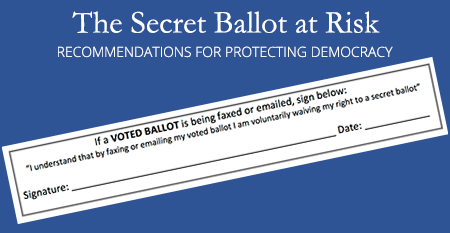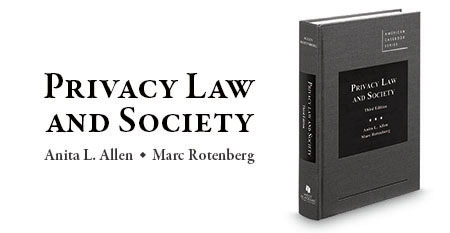The Article 29 Working Party, an expert group of European privacy officials, is pursuing investigations of WhatsApp and Yahoo. In a letter to Facebook, the Working Party stated that the decision to transfer confidential user data from WhatsApp to Facebook has raised "serious concerns," and urged WhatApp to halt data transfers pending completion of the investigation. Separately, the group urged Yahoo to provide information about the 2014 data breach which compromised 500 million accounts. The Article 29 also pressed the company to explain why it scanned customer emails for US intelligence agencies. EPIC recently filed a complaint with the FTC regarding WhatApp, arguing that it violated a 2014 and agreement and urging the Commission to block the transfer. EPIC has also testified before Congress about the need to adopt data breach legislation and launched the Data Protection 2016 campaign.
The Federal Communications Commission today approved privacy regulations for broadband services. The rules require ISPs to obtain consumers’ consent for "sensitive" information, which includes web browsing history and app usage, but excludes IP and MAC addresses which are also used to track Internet users. (A document obtained by EPIC under the FOIA indicates that Google lobbied for this exception.) The rules establish data breach notification requirements but permit companies to charge users for privacy protection and permit arbitration when violations of privacy rights occur. EPIC had urged the FCC to establish comprehensive safeguards for consumer privacy, to ban pay-for-privacy schemes, and to prohibit mandatory arbitration. EPIC has frequently defended FCC privacy rules and currently has a petition pending before the FCC to end the mandatory retention of customer telephone records.
An Irish privacy organization is challenging the EU-US framework for transferring personal data, the "Privacy Shield," in the European high court. This challenge follows a decision last year invalidating the previous framework, "Safe Harbor." In that case, the Court of Justice for the European Union concluded Personal data transferred to the United States lacks adequate legal protection. EPIC is participating as amicus curiae in a related case brought by privacy advocate Max Schrems. EPIC also recently submitted a brief to the European Court of Human Rights in a challenge to UK surveillance.
























